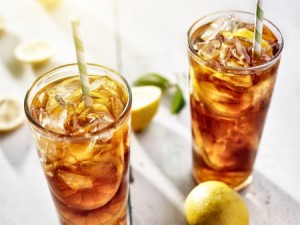 Dr. J. Kyle Mathews and the dedicated team at Plano Urogynecology Associates work to address every issue in your life that may help improve the symptoms of your incontinence, including these important dietary changes:
Dr. J. Kyle Mathews and the dedicated team at Plano Urogynecology Associates work to address every issue in your life that may help improve the symptoms of your incontinence, including these important dietary changes:
There are certain beverages that you should avoid, including:
Constipation can lead to incontinence because the excess stool irritates your bladder, causing you to feel an urgency to urinate. Eating a fiber-rich diet can help with constipation issues. Dr. Mathews can recommend diets and supplements that will help you with this problem.
Another reason to eat a healthful diet–obesity has been shown to significantly increase your risk for incontinence, so losing weight and/or maintaining a healthy weight may help alleviate incontinence symptoms.
Nerves located in the bladder may become irritated by certain substances, worsening the symptoms of incontinence. These foods have been found to cause irritation in some women with incontinence:
We are not saying you have to give up these foods completely—just find out which foods trigger irritation for you, and always eat a balanced diet. Dr. Mathews is happy to work with patients on dietary changes that may improve incontinence symptoms.
At Plano Urogynecology Associates, we treat the whole woman; helping you improve your diet will improve not only your incontinence symptoms, but your life as well. For more information about alleviating the symptoms of urinary incontinence, contact Dr. J. Kyle Mathews and Plano Urogynecology Associates, or call us at (972) 781-1444.
| Category: Bladder Dysfunction, Bladder Irritants, Dr JKM, Foods that Irritate the Bladder, incontinence |
Comments are closed.